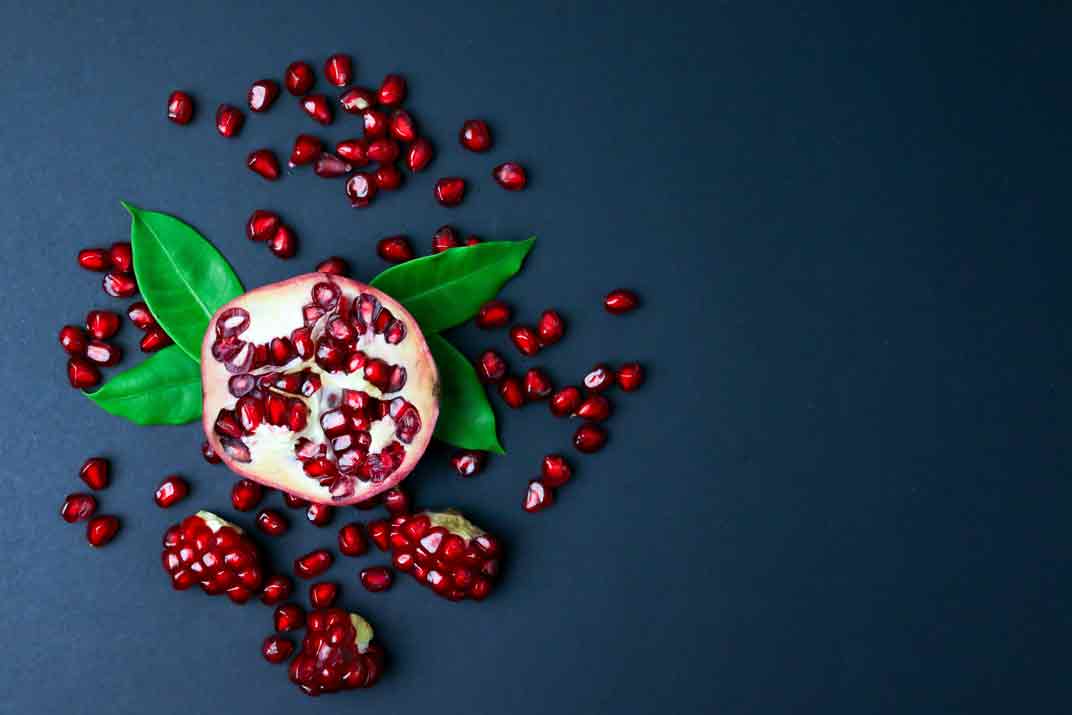Our culture is astoundingly “ seed stupid. ” Then’s why we should understand how seeds work, what’s at stake and who’s doing the work to save and cover this each-important resource, excerpted from What We Sow, a new book by Jennifer Jewell.
Inmid-March 2020, California came the first state to order its nearly 40 million residers to stay home and all gratuitous in- person businesses to close down in an trouble to stop the spread of COVID- 19. Cases of the new coronavirus had been in the news, at first sparingly and also ever more urgently, from January to that moment in March, so the extremity response wasn’t a surprise, but the halting of life as we knew it was as new as the contagion.
My mate, John, and I were traveling in the early days of a long- planned speaking stint as the concern and confusion regarding the extremity reached its first fevered pitch. Tour events faded in front of us noncommercial. But my first study upon hearing about the California lockdown orders wasn’t “ How do we get home? ” or “ How do we keep from getting sick? ” or “ How do I stem the decaying of my work and income? ” As gardeners, our first study was “ We need to order seeds. ”
We were not, supposedly, the only gardeners to have this spontaneous study. When I got online the day after the lockdown orders, before being suitable to get on a flight home, “ Out of Stock ” and “ Back- ordered ” popped up on our computer defenses over and over again from our favorite organic seed merchandisers Redwood Seeds, Peaceful Valley Seed, Territorial Seed, Fedco Seeds, Hudson Valley Seed, Seed Savers Exchange, Southern Exposure Seed Exchange, Kitazawa Seed, Johnny’s named Seeds, Baker Creek Heirloom Seeds. As a gardener, to feel a sense of failure in the seed force was an alarm bell ringing and ringing loudly in my mammalian brain, driving survival anxieties and a determined instinct to engage with my own survival. Our collaborative survival.
Seed is important Botanists know this, ecologists know this, growers and horticulturists know this and utmost gardeners have a enough good introductory understanding.
But, if numerous of our( mortal) species are overwhelmingly “ plant eyeless, ” indeed further of us are astoundingly seed stupid — numerous of us aren’t sure exactly how they work, how they ’ve evolved, how they’re being handled at legislative, marketable or, maybe most importantly, artistic situations, and why this matters.
In the midst of climate extremity, a precipitous rate of biodiversity loss in our world, a global epidemic, attendant fiscal chaos, global social- justice reckoning and now the most encyclopedically resonating war in the last 50- plus times, we as humans, and in the United States as an industrialized society, are being offered an violent short course in what we need most in this world, what’s in fact essential to our lives Community, family, health, quality, clean water, clean air, access to some open space and sufficient food are all plainly on this list of rudiments. Foundational to clean water, clean air, and sufficient food are shops.
Foundational to the vast maturity of shops on our earth are their seeds the lowest form of, the veritably substance of, these shops.
In this crazy moment of colliding urgencies for life as we’ve known it, we’re inclusively being offered an occasion to flash back and really understand the essential significance and power of seed in our world for food, for drug, for mileage, for the vast connected web we include in the conception of biodiversity and planetary health, for beauty and for culture, whatever that might mean to us.
This recognition of the significance of seed on micro and macro situations didn’t just be in March of 2020 with the COVID- 19 epidemic in full form, with adding climate axes of the last several times or with the Russian irruption of Ukraine dismembering geopolitical stability and global food security and health. On the negative, the servants of the “ seed world, ” that devoted sector of our independent factory-engaged world, have been sounding the alarm and preparing the soil for a likewise global seed- knowledge and seed- protection revolution of feathers for numerous times.
The seed world is rich with scientists, channelers, farmers, activists and protestors who have been keeping seed alive, accessible, participated and safe. These seed servants have been preparing for the battle ahead as seed( its integrity, its diversity and our open access to it) has come decreasingly hovered . These seed keepers have been declaring loudly to all who would hear why we should join in the work to know and watch for seeds ourselves as one of the most visionary way we can take to rebuilding our mortal food systems, our social systems and the global ecosystems of biodiversity on which we all depend.
Since the 1980s, when the first GMO seed patent was issued, and the 1990s, when reporting began in humorless about seed force strategically( and stealthily) being consolidated into the effects of large agribusiness- chemical pots, the lower seed sowers, farmers, banks and knowers have been recording and responding. Their strategic, sincere, ground- position conduct — establishing, saving, participating and guarding seed — cover us all.

